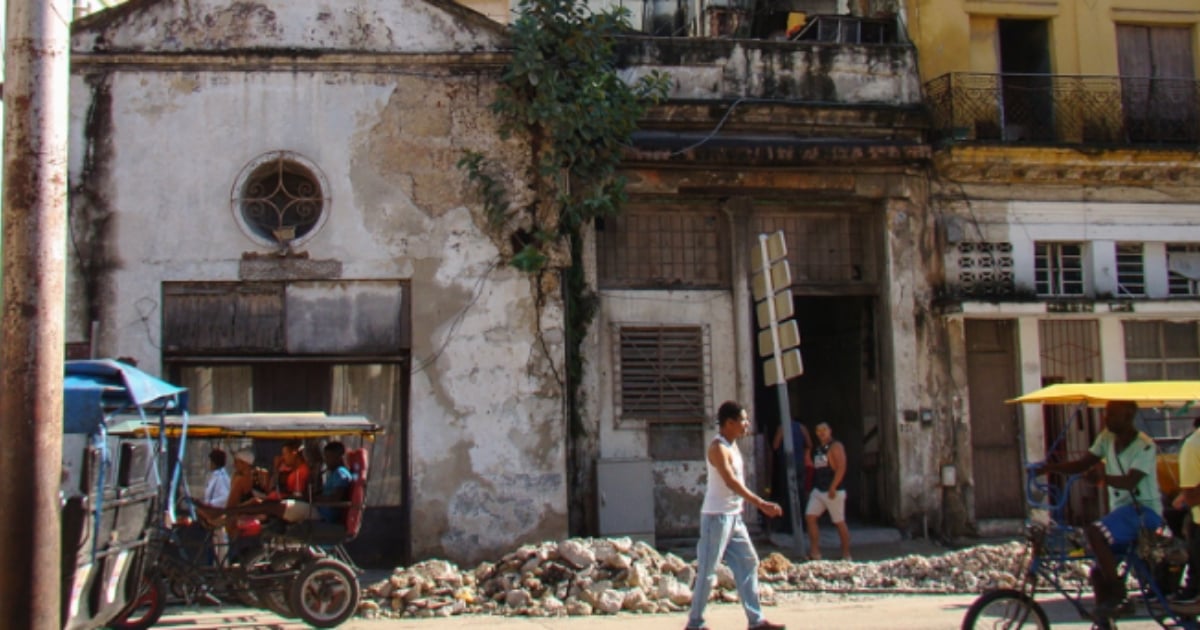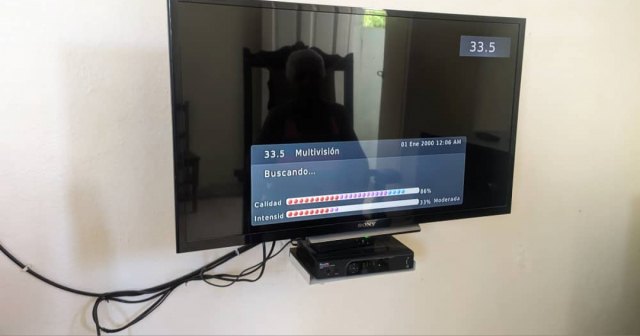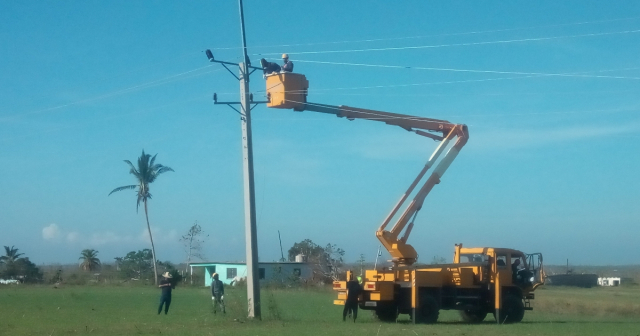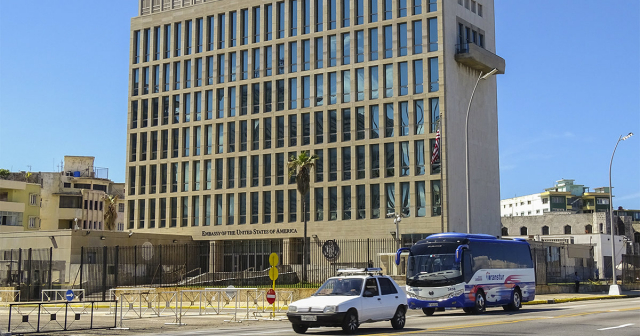
The Electric Company of Havana announced on Thursday a series of scheduled blackouts due to "emergency" situations in several areas of the capital, stemming from a significant shortfall in electricity generation nationwide.
According to the informational note published by the entity on Facebook, the outages will affect customers associated with Blocks #1 and #2 in the city between 10:00 AM and 3:00 PM.
In the afternoon, starting at 3:00 PM, Block #4 will be affected, with interruptions expected until 7:00 PM. Additionally, between 6:00 PM and 10:00 PM, Block #3 will also be impacted.
However, the company clarified that the water supply sources for these blocks will not be affected, and that the municipalities of Boyeros, La Lisa, and Arroyo Naranjo, which are the last to recover, will also not experience power outages.
The electricity generation deficit was also confirmed by the Unión Eléctrica de Cuba (UNE), which, in a post on its official Facebook account, detailed that the country is facing a deficit of 1,260 MW, with an estimated availability during peak hours of only 1,760 MW compared to a demand of 3,020 MW.
According to the UNE, disruptions are expected to impact up to 1,330 MW nationwide.
At 7:00 AM this Thursday, the National Electric System (SEN) reported a capacity of 1,730 MW against a demand of 2,450 MW, resulting in an outage of 592 MW. The situation is expected to worsen in the afternoon, with scheduled blackouts that could reach a deficit of 950 MW.
The UNE highlighted that several factors contribute to the current electrical crisis, including breakdowns in generation plants such as unit 5 of the CTE Mariel and unit 4 of the CTE Cienfuegos, as well as limitations in thermal generation amounting to 341 MW. Fuel shortages were also reported, affecting 38 distributed generation plants, with a total of 257 MW out of service.
Filed under:






